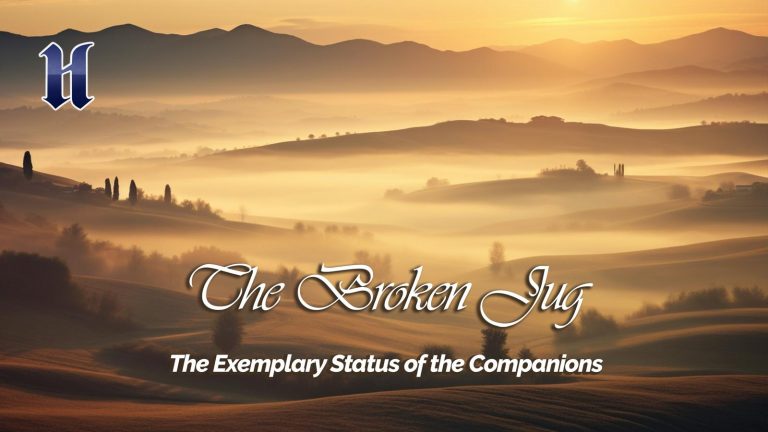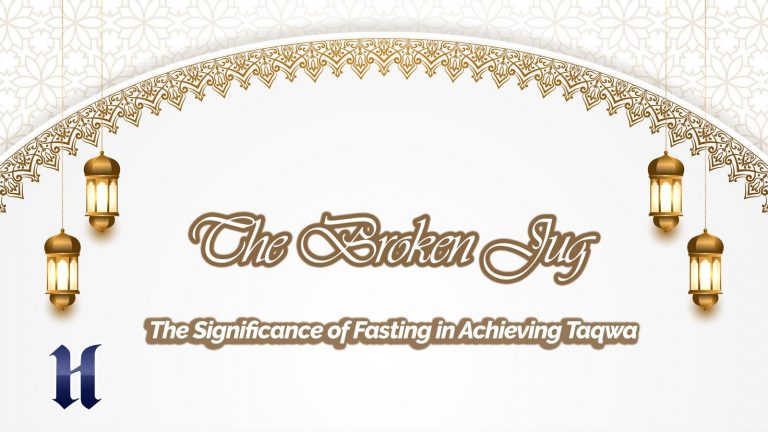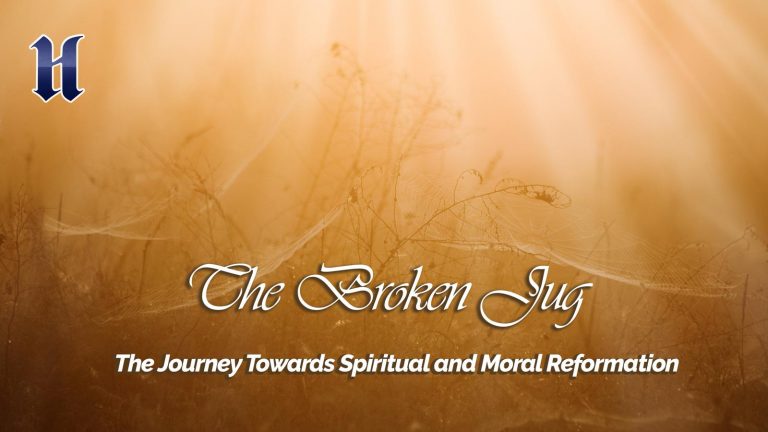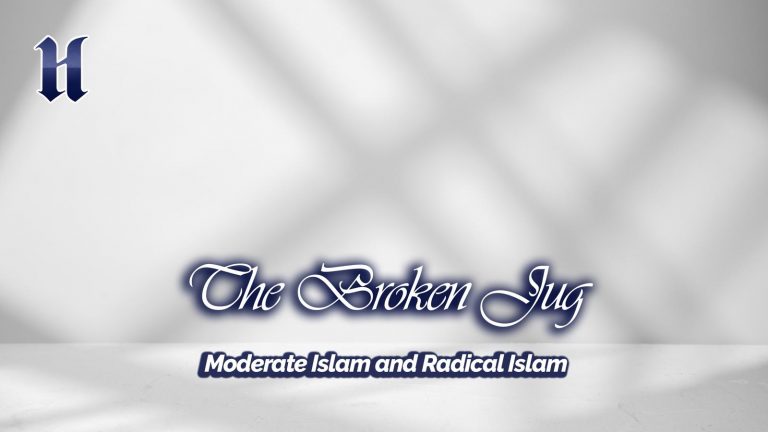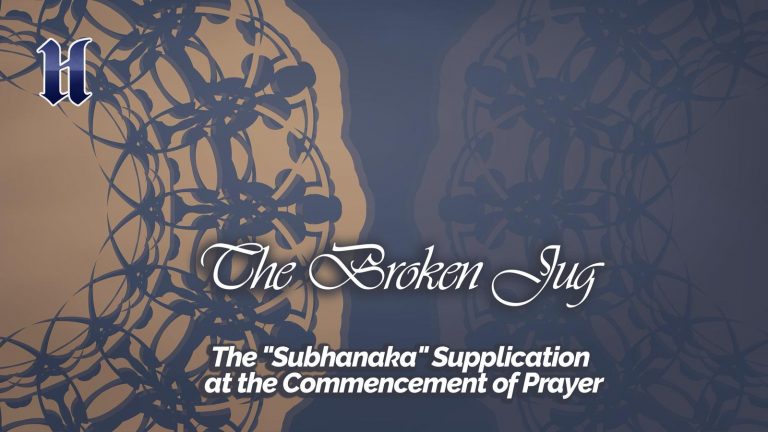Question: You make a distinction between theoretical and practical nationalism.1 Could you explain your conception of these terms?
Answer: From the past to the present, there have been very different conceptions of nationalism. What I mean by nationalism is the consciousness of being the children of the same heritage, which may date back as far as a few thousand years, who shared the same destiny, joys, and troubles throughout history, who held a composition of common values and were fed from the same spiritual teachings, and whose world of thought was made up of the essences distilled from these values. As for the people of Anatolia, they found what they sought in Islam. Islam enabled them to hear the voice of their spirit and heart; they discovered the concept of eternity, struck a balance between this world and the next, and found a means of opening into different dimensions.
In other words, as descendants of a people who established different states throughout history, they found what they sought in Islam, completed their quest, and transformed into their natural state with it. Indeed, the Qur’an states that true perfection was revealed with Islam: “This day I have perfected for you your Religion (with all its rules, commandments and universality), completed My favor upon you, and have been pleased to assign for you Islam as Religion” (al-Maedah 5:3).
In other words, religion was truly perfected with the example and the message of the noble Prophet and the Qur’an, and the people of Anatolia found their ideal state when they were honored with Islam.
A Composition of Values Filtered by Religion
The customs and traditions dating back to the distant past reached our time after being filtered and distilled by religious commandments and Divine criteria, and they have become the character of our people. Since these customs and traditions were already filtered through religious criteria, they should be seen as values allowed by our religion. Indeed, Islamic jurisprudence is based upon the Qur’an, the sunnah, the consensus of the Muslims (ijma), and the interpretation of scholars (qiyas). In addition, there are other criteria of a complementary nature2 and some scholars counted custom (urf) of a given culture as one of them. According to the Qur’an, following custom is counted as a good act that God Almighty commands us to carry out. In this respect, custom denotes a composition of values that do not conflict with the essential teachings of Islam. The main components that form the make-up of the people of Anatolia are the entirety of the essences that were distilled from their spiritual heritage.
Racism and Hypocrisy
The people of Anatolia lived together for centuries and shared the same culture, belief, joys, troubles, and sorrows. It is such a bitter reality that in the unfortunate regions where Muslims live, some hypocritical thoughts and behaviors have dominated the fate of the region for a few centuries. Some people whose words and behaviors are in total conflict with one another tried to divide societies by causing dissent and thus did the greatest evil to them. In a way, this was a greater threat to Muslims than disbelief because those who absolutely denied God and reduced everything to materialism were soon to fade away in the sight of people. However, the hypocrisy that continued under different masks is much more difficult to fade away. For this reason, what really paralyzed Muslims for the last few centuries is the virus of hypocrisy that has cut through the veins of society and is sucking its blood. The notion of nationalism was a means of abuse for these circles of hypocrisy. Nationalism was a tool for dividing society through chauvinistic heroism. Even though some appeared to work for the future of their society, the practical result was bloody clashes.
To give a concrete example, we were put into prison together with people who fought against one another for different ideologies during the 70s and 80s. On both sides, there were sincere young people who possessed the chivalrous spirit of their Anatolian heritage. Those young people were misguided, provided with arms, and provoked to fight on streets on opposite sides. Unfortunately, they were obsessed with the thought of bloodshed. However, when one gained insight into their inner worlds, as if conducting psychoanalysis, one would see that their hearts beat for their people. Unfortunately, the circles of hypocrisy hiding behind different ideologies and currents turned those sincere people into enemies against one another.
As a matter of fact, Persian culture had a negative effect on Muslims. This issue dates all the way back in Islamic history to the first emergence of hostility toward the caliphs, Abu Bakr and Umar. Hypocritical thoughts continued ever since then under different names and titles. The idea of racism is also a product of such a hypocritical understanding. During the final days of the Ottomans, the national cause was corrupted with racist considerations, the religion was disregarded, and some people tried to present the spirit of the Turks to be rebellious against their Prophet and God Almighty. When the reality of the situation became apparent later on, a certain philosopher-poet expressed which facts were distorted and how and wrote an apologetic poem confessing and expressing his regret for misunderstanding the great ruler, Sultan Abdulhamid II. For this reason, it is not possible for us to exclude the considerations of God, the Prophet, and the Qur’an from our understanding of loving one’s nation; even the attitudes that imply taking them lightly cannot have a place in this understanding. We cannot use such holy concepts in our arguments as if they are ordinary objects. We can only show respect and pay tribute to them. This is the foundation of our nationality.
The Embodiment of Love for One’s Nation
We believe that the Muslim nations’ continuity depends on cherishing these values, and their gaining a place in the balance of powers and taking the lead in representing human virtues also depends upon keeping this composition of values.
Indeed, we believe that the right and lawful will find their true meanings, blood and tears will come to an end, justice—absolute or relative—will take place, and humanity will regain peace in safe hands. Why should a person who believes this ideal not try to proclaim this composition of values to the entire world?
At this point, there comes a distinction between theoretical and practical nationalism. Let me remind you of our approach to religious life: establishing belief as an ingrained part of our character through practical actions. In The Critique of Pure Reason, the German philosopher Immanuel Kant says that God can be known not through theoretical reason but only through practical reason. This idea is in compliance with Bergson’s “intuition.” Bediüzzaman also referred to sensing the conscience; he emphasized that people must feel how helpless and poor they really are and turn to God with this consciousness and realize their actions and give thanks to Him. In the same way, theoretical nationalism without practical goodness means paying lip service to the issue and comforting oneself with stories of chauvinistic heroism.
However, what really matters is working ceaselessly for lofty ideals without expecting any benefit and doing what needs to be done. Why should I not teach my language to anybody else? As English has become a world language, why should mine not become a worldwide means of attachment between people? Referring to the Arabic, Turkish, and Persian in use today, Ali Shariati said that it is not possible to develop knowledge with such shallow languages. In fact, we can enrich Turkish by referring to the Central Asian languages of Turkic origin, bringing different locally used words into common use, benefiting from stories and novels, and by reviving the words forgotten between pages of dictionaries. If we are to practically prove that we love our people, then we should try to develop the language and also seek to introduce the positive feelings of our people and the values of our historical heritage to the entire world.
Introducing Turkey to others is an ideal for so many people. But how are they supposed to do it? So much investment was made, but to what extent did it work? I saw a TV program, in the middle of New York, the speaker extended a microphone to passersby and asked whether they had ever heard of a country called Turkey. Most of them had not heard of it, and some even said, “I think it is a country in Africa.” This is a clear indication that the efforts to introduce Turkey to others have been insufficient.
Nowadays however, some volunteers made up their minds to realize this ideal in different parts of the world by God’s grace and permission. I wish the country had better economic means so that the schools opened by the faithful people of Anatolia would number two thousand, instead of one. Then, the number of people learning Turkish would amount to a million; they would love our country and people. If the slightest amount of harm came to Turkey, people in different parts of the world would voice their sorrow about it. Let me also add that in spite of everything, the people of Anatolia showed a great example of faithfulness and realized good works both at home and abroad by making use of their means to the utmost degree. Taking no notice of those praiseworthy activities is akin to being unfaithful. We see that there is serious public support and concern for these benevolent activities that have become a source of joy for many people. If God Almighty does not send an adverse wind, we hope that the establishments supported by those altruistic people will increase manifold and the regions where they exist will turn into a land of dreams envied by all. What we call practical nationalism means to strive for a sublime ideal and present an excellent performance for this sake.
In short, if you really believe that your values are of Divine origin and you see them as having the utmost importance and vitality with respect to their extending to eternity toward the past and future, then you cannot contain yourself from sharing them with all of humanity. The people you address may not accept all of them, but at least they appreciate you and your true identity and inner beauty. In this way, you will have formed friendly circles around you and will be saved from confining yourself to isolation in a shrinking world.
1. The original word Gülen uses is not exactly nationalism, but “milliyetperverlik,” a term that rather means “loving one’s nation,” which is an allusion to Bediüzzaman’s criticism of the negative sense of nationalism in “The Twenty-Sixth Letter.”
2. There are secondary criteria in Islamic jurisprudence such as istishab, istihsan, maslahah, and sadd al-dharai. For example, if something has benefits but no harm, it is accepted as lawful in Islam.
This text is the translation of “Nazarî ve Amelî Milliyetperverlik“


